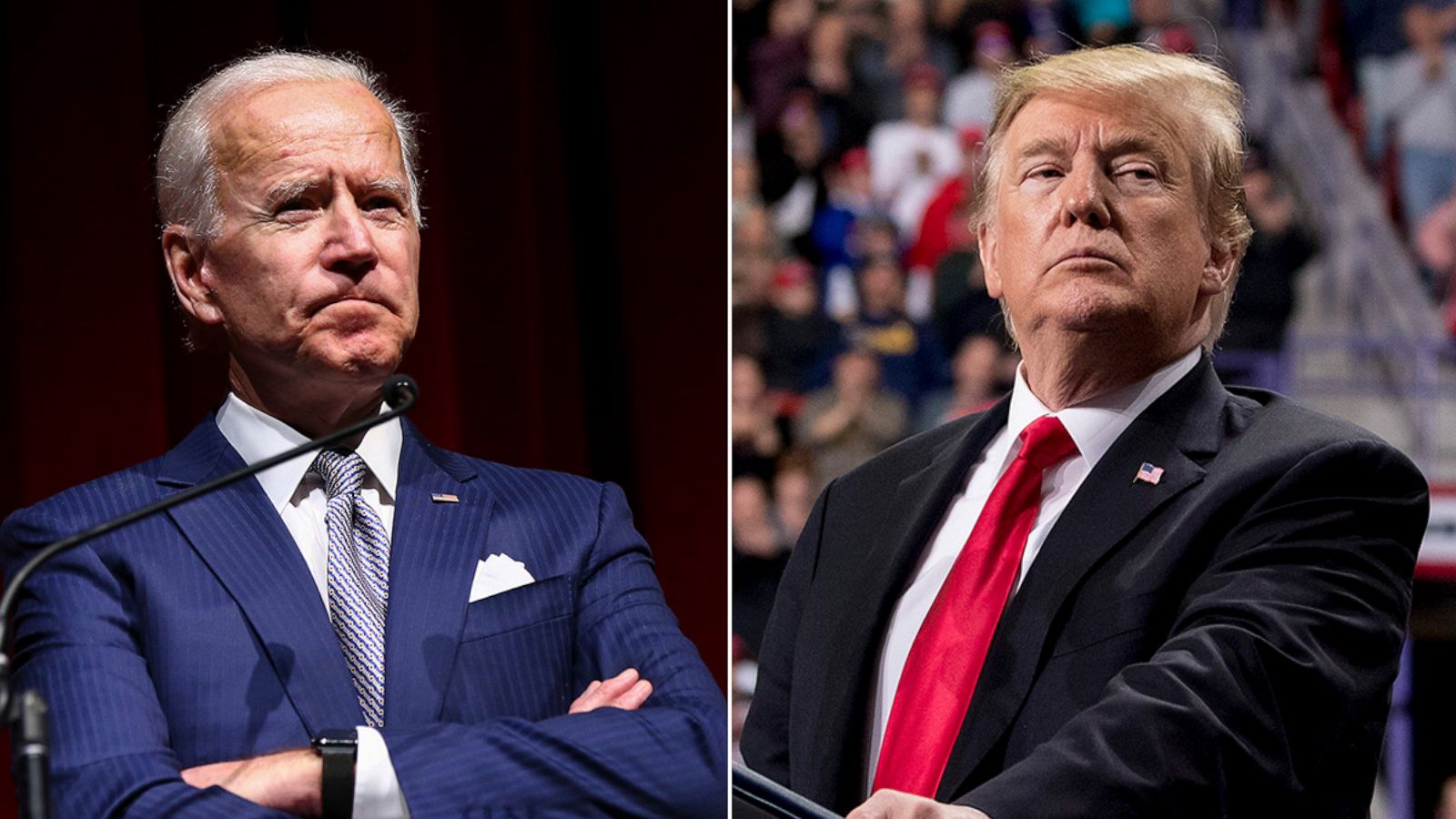Ever since Joe Biden announced his 2020 candidacy, speculation has swirled concerning his ability to serve two full terms if elected. At the time, back in 2019, some aids around the former vice president said he would likely be seeking a single term, then turning over the reigns to his running mater – or someone else – in 2024.
However, earlier this year, Biden was asked about whether he would be seeking re-election in 2024, but this time he answered in the affirmative back in March of this year:
President Biden: "My plan is to run for reelection. That's my expectation."
Full video here: https://t.co/mLPUf2rodZ pic.twitter.com/auENrcNmZu
— CSPAN (@cspan) March 25, 2021
This answer seemed to fly in the face of previous rumblings and whispers surrounding his 2020 campaign. It appeared obvious, if not somewhat ageist, to assume that a man who would be turning 82 by the time the 2024 presidential inauguration rolled around would simply not be in adequate physical or mental shape to handle a campaign and another four years in the White House.
Regardless of what Biden says or plans, what about the voters? Even before the botched Afghanistan withdrawal, voters were souring on the prospect of a Biden 2024 candidacy:
The [Quinnipiac] survey was conducted between July 27 and August 2 and asked respondents if they thought the president would run again, with 54 percent saying he wouldn’t seek a second term.
Just 33 percent of respondents said Biden would run again in 2024, while 13 percent had no opinion.
The Quinnipiac poll also found that 48 percent of respondents believe Biden running for a second term would be bad for the country, while 37 percent think it would be good.
Biden was under 50% with voters on the question of whether he should run again in 2024, and this was back in late July.
On the flip side, what about a Donald Trump candidacy in 2024? Voters don’t appear ready for that route either according to more polling:
The majority of registered voters do not want the next presidential election to be a rematch of the 2020 contest, according to a new poll conducted by Echelon Insights/Washington Examiner.
Only about a third of registered voters would like either President Joe Biden or former President Donald Trump to run again in 2024, according to the poll of 1,016 registered voters. On Trump, 59% said no to a third campaign, while 33% said yes, and 8% were unsure. For Biden, 51% said no to a reelection bid, while 34% said yes, and 15% were unsure.
In the unlikely chance that Biden does indeed decide to seek a second term, it’s very possible that could affect what the 2024 GOP primary field looks like. If Biden runs, it could spurn Trump to run also, hoping that if given the chance, voters could tip the scale back in his favor. However, if Biden steps aside, leaving the field open for a younger Democratic candidate, then perhaps Trump would stay on the sideline and let someone else carry the GOP mantle (ahem, DeSantis?). This is all purely speculation but it’s possible to see how the field could be very contingent on what Biden decides to do.
Running against Vice President Kamala Harris, for example, would be a different race than a race against President Biden for a Republican.
If voters have a say, there might be some fresh names tossed in the mix for 2024, including on the Democratic side. The question here is whether Kamala Harris would be the presumptive heir to Biden and go unchallenged in a Democratic primary, or whether others in her party would see her default candidacy as an opportunity to jump in the ring.
If Biden does pass on 2024, bowing out after one term, it will be a historic moment that America has rarely seen:
But it’s worth mentioning that if Biden does decide to become a one-term president, he’ll make history. Only three presidents before him have chosen not to run for reelection after a full single term: James K. Polk, James Buchanan, and Rutherford B. Hayes. Polk and Hayes ran for their first terms on a no-second-term pledge, which they kept. Buchanan announced a one-term-only policy in his Inaugural Address. Biden is not under any such self-imposed constraint. If he walks away, it will likely be under his own power.
The timetable may head quite far into 2022 before we really get a sense of how the 2024 presidential race might take shape, with or without Biden.
Donate Now to Support Election Central
- Help defend independent journalism
- Directly support this website and our efforts
